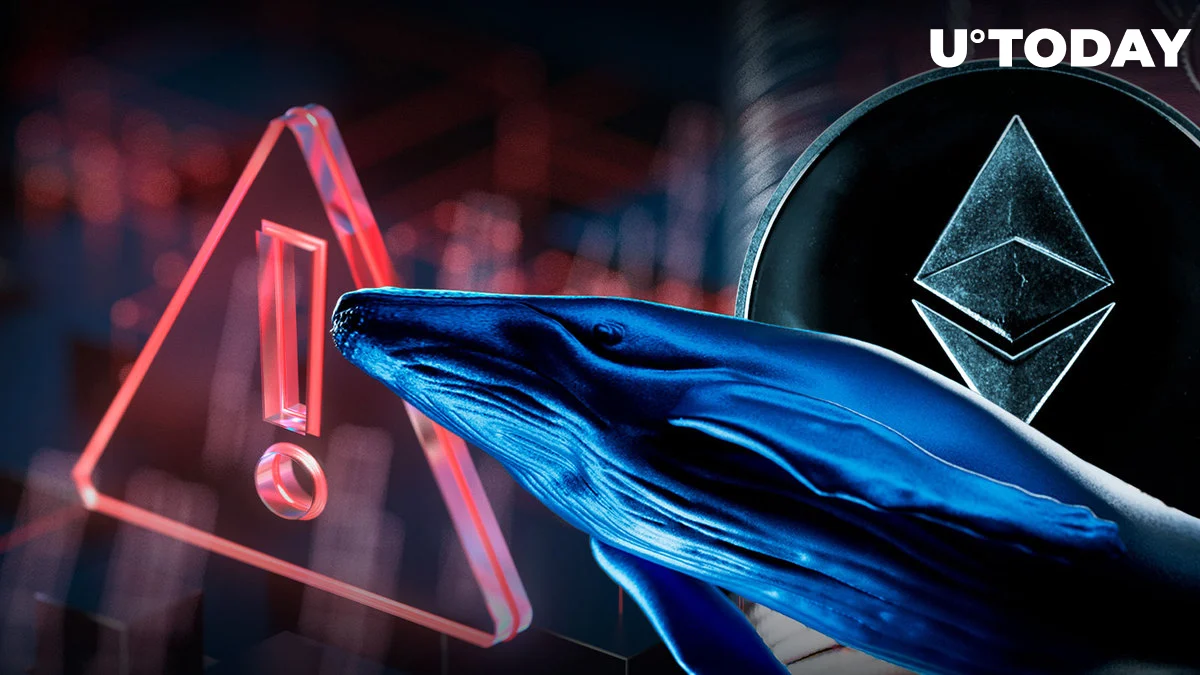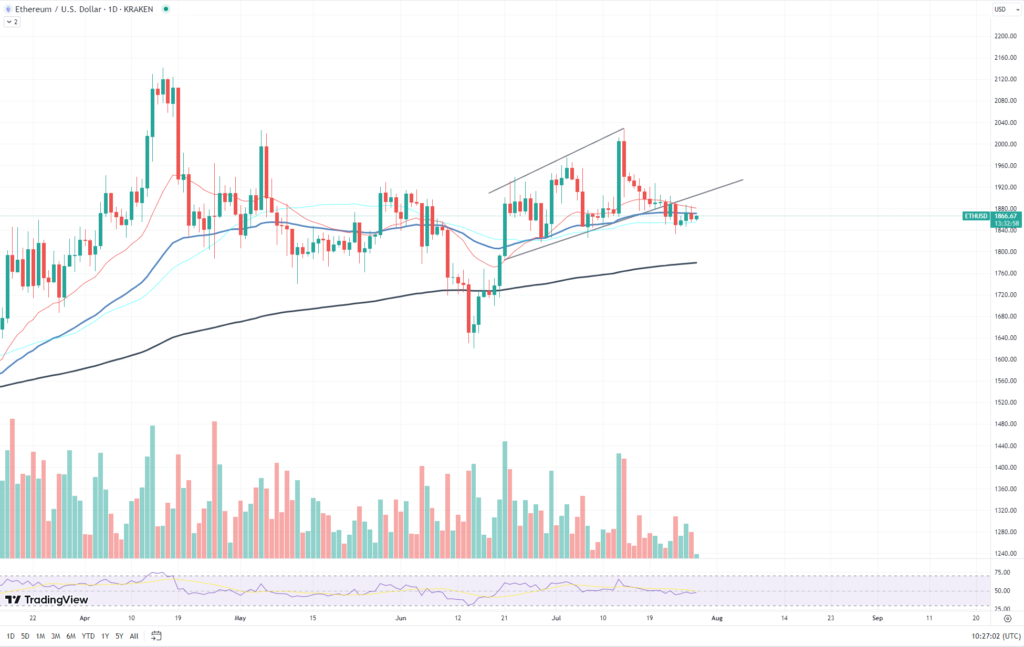
Today witnessed a surge in block trade activity on Ethereum (ETH), with over 137,000 block calls trading hands for a notional value of over $250 million. This enormous sum, which made up 55% of the day’s total volume, has drawn the attention of both market observers and players.
The December 29 out-of-the-money (OTM) calls were the major focus of the activity, which was mostly driven by naked purchasing, an aggressive investing method in which the investor purchases options without having any stakes in the underlying asset. This purchasing approach, along with a negligible amount of activity in risk reversals and calendar spreads, is positive news for Ethereum investors.

Purchasing and selling two identical options with the same type and strike price but different expiry dates is known as a calendar spread. Contrarily, the option strategy known as risk reversal combines purchasing and selling calls and puts to lower risk. The utilisation of these two complex investing methods suggests that qualified and experienced investors are becoming engaged.
The unnamed whale behind these transactions appears to have profited from the monthly delivery period’s decreased implied volatility (IV). IV is a metric used in options trading to gauge predicted price volatility of a security. Typically, a lower IV denotes a lower anticipated volatility, which suggests a more stable price.
But it’s possible to interpret the whale’s decision to go long on both volatility and price as a positive indicator. This might mean that the trader anticipates an increase in Ethereum’s volatility as well as its price. This type of activity often indicates that the market is gathering power gradually, which may portend a more major price movement in the near future.
The price of Ethereum may increase if these block transactions proceed as the whale expects. This significant shift in the options market has the potential to spur more bullish action. It is also an undeniable indication that long-term trust in Ethereum’s potential is still strong, despite recent market turmoil.


















